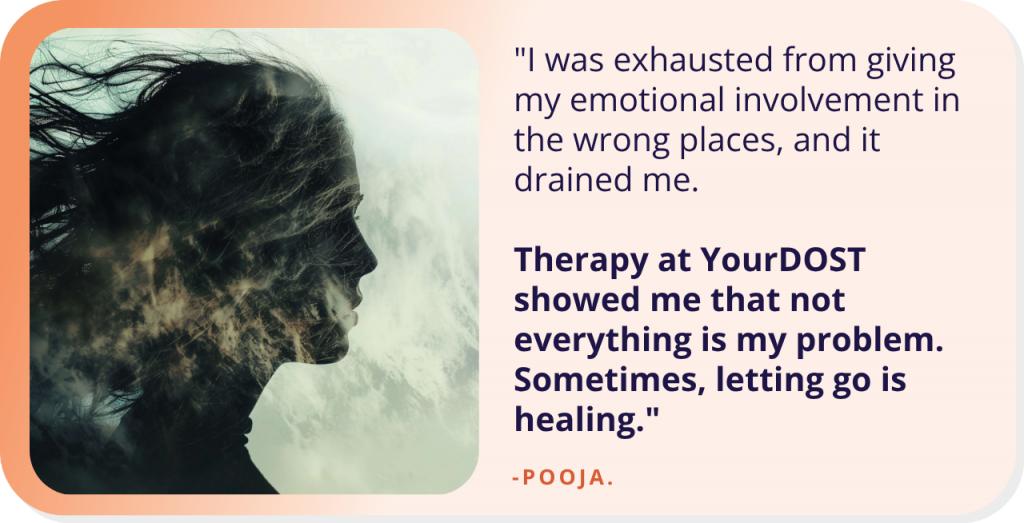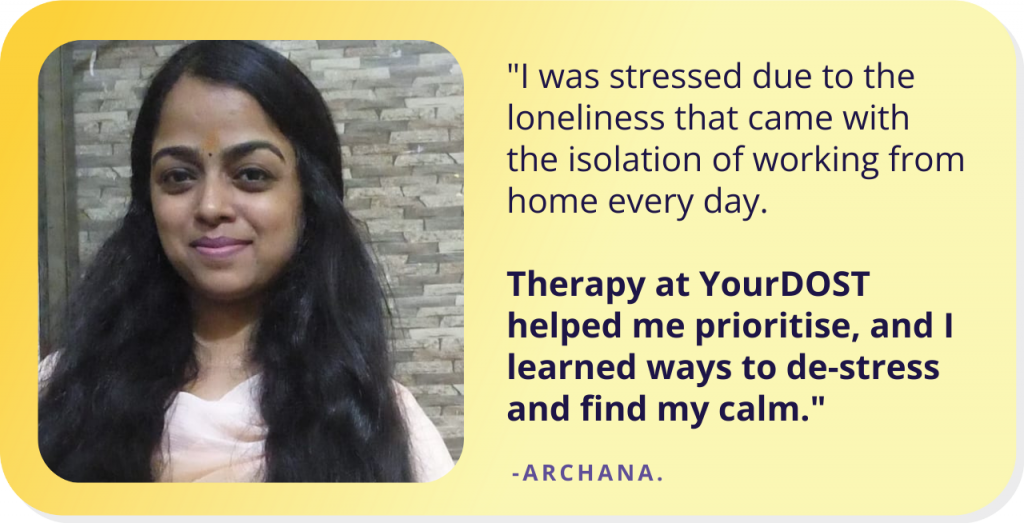How to Live Your Dream Despite Social Pressure?
“Don’t let where you came from dictate who you are, but let it be part of who you become.”-Robert Renteria
Over the years, our world’s culture has become increasingly more homogenized. If we are to succeed in this contemporary globalized community, it is critical that we adopt a progressive mindset that is open to accepting alternative ways of thinking and being.
This kind of mindset is encouraged in individualistic cultures where there’s a lot of emphasis on personal growth and individual expression. It is also valued in collectivistic cultures to a certain extent but it is often a challenge for people in collectivist cultures to pursue personal interests because they have to do it within the context of traditional and family expectations.
There are certainly many benefits to identifying with a strong cultural heritage such as feelings of rootedness and affiliation. Being part of a close-knit community also provides a sense of security, familiarity, comfort, camaraderie, and a lot of other positive emotions that are pivotal to our needs.
The only drawback that could arise from this situation is if our community’s expectations prevent us from expressing our truest and most authentic desires. When those closest to us do not share the same values as we do and hence refuse to support our ambitions, we may find ourselves in a dilemma.
While we don’t want to turn into rebels who are ostracized by our people, we also don’t want to become dormant who later resent the loss of opportunities. This conundrum necessitates the need to balance our personal ambitions with the requirements of our familial and cultural expectations.

There are numerous communities, especially in lesser-educated and developed populations, where the natives unequivocally “inherit” the values that are passed on to them without questioning its validity and relevance to their life. Indeed, it takes courage and a strong will to follow your own path.
It is so easy to absorb and accept “rules” and the “right ways” of doing things, especially when one has not been taught how to engage in critical, objective, and intellectual thinking. This is one of the main reasons why education for women is discouraged in a lot of male-dominated societies in the world.
Women in these societies are brainwashed from an early age into believing that their roles are limited to being a wife and mother. Professional dreams should take a backseat and priority should be given towards marital and maternal responsibilities. They are groomed to live a life of servitude and sacrifice.
Men, on the other hand, are subject to pressure centred on career and financial responsibilities. They may have been discouraged from pursuing “risky” careers in sports or creative fields in favour of “safer” careers such as a doctor, lawyer or engineer. Also, many men are taught not to express their emotions and to always appear as having it all together.
It is critical for these victims to recognize that this myopic vision of the possibilities for their life will ultimately undermine their ability to realize their highest potential. They need to be placed in more supportive settings where they can nurture their natural gifts and thrive by being themselves.
The only limitations that we place on ourselves are the ones which we allow seeping into our consciousness. A lot of people limit themselves because they are fearful of going against the beliefs and expectations of their family and culture.
If you find yourself in a precarious situation where your personal ambitions are clashing with the ideologies and values of your family or culture, here are some steps which you can take to improve the situation:
- Always stay engaged in the process of self-discovery and learning: Educate yourself by reading books, taking assessments and experimenting with new experiences to see what really works for you. In this way, you train your mind to engage in the critical thought process and build your self-awareness.

Image Source: images.8tracks.com - Travel and meet people from different cultures and backgrounds: Broaden your horizons by travelling to different countries and meeting people outside your usual circle. This will help you gain a variety of perspectives on the world and find other ways of living that you might identify with.

Image Source: cdn.makeuseof.com - Choose the values and practices that work for you: Make a list of values and traditions from your family/culture that you do resonate with and would like to incorporate in your life. Also, make a list of the beliefs and traditions that you would prefer to do away with and own the choice you have made.
- Have an honest conversation with your family: If your family is imposing their beliefs on you, you need to have an open conversation about where you stand. As you do this, ensure that you come from a place of truth, love, and strength. If they support your dreams and viewpoints, you can reach an understanding, but if they don’t, you might need to consider building some healthy boundaries.
- Find a group or community that can support you: If you feel like a lone ranger in your quest to make your dreams a reality, because your family does not support you, you can always reach out to people outside your immediate circle to provide you with the encouragement that you need. There are countless support groups (online and offline), mentors and coaches who can help you in this process.

Ultimately what’s important is that you manifest a life that is a reflection of your authentic self and what you stand for.
You are a unique spirit, with unique talents and tremendous potential that only you can uncover and share with the rest of the world.








